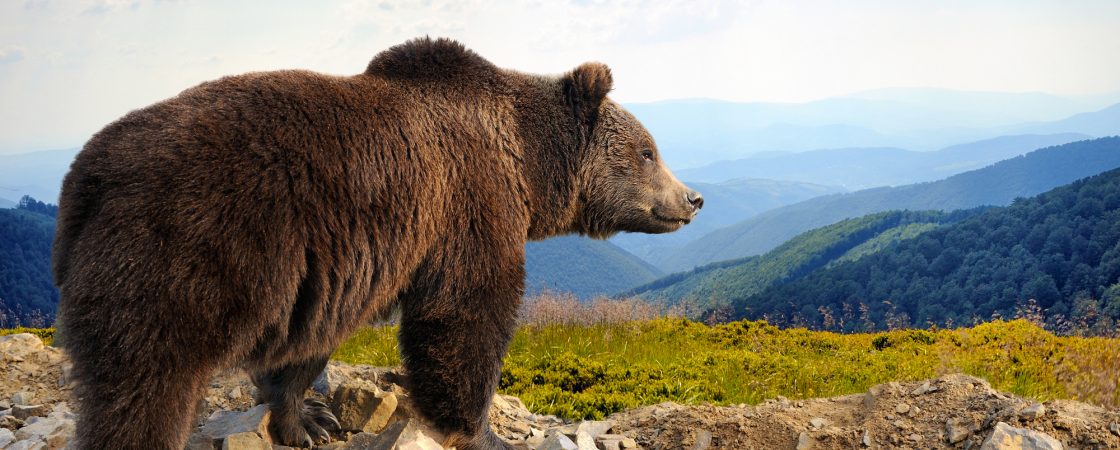
Is It Evil to Be Rich?
FRANKLIN Delano Roosevelt famously used the term “forgotten man” in a 1932 speech to describe those at the bottom of the economic pyramid whom, …
Your Vote Still Doesn’t Matter
I hit a nerve whenever I write about voting and democracy. Point out the sheer lunacy of the civic religion and a certain group …
Loopholes: Another Word for Freedom
Let’s say that a thief demands $100 and lets you keep $10 because he likes your suit. He calls that a deduction. The next …
Okay, Grandma’, It’s Your Turn in the Pokey
Proponents of liberty argue over what parts of the economy or society government should not touch. Government should get out the education business, stay …
The Fundamental Right of Secession
What is the world’s smallest country? Monaco? Nope. Malta? Too big. Even Vatican City with a mere population of 770 is huge in comparison. …
Could the Government Get a Mortgage?
Mortgage credit is tight, and extremely so. Romney and Obama were even questioned about it in their first debate. Think of all the potential …
Regulators Destroying Your Home Appliances
Ayn Rand’s novella Anthem, the ebook of the week in the Spy Briefing Club, is a story about a government that hates, fears, and …
How to Expand the Great Conspiracy
Spreading the ideas of freedom and glories of free markets is an ongoing job. One thing we do here at the Spy Briefing Club …
How to Protect Against the Evil Eye
In large parts of the oldest civilized region of the world, you will find in nearly every room a pretty blue charm that looks …
A Haircut in the Turkish Style
A trip to Hans and Gulcin Hoppe’s Property and Freedom Society (PFS) salon in the beautiful port city of Bodrum is unforgettable in so …
The Center of the Conspiracy
I’ve found it: the organizing cell of what must be the world’s most dangerous intellectuals. It is right in this room where 100 people …
The State of Economic Freedom
The great news for humanity: Economic freedom around the world is on the rise. This means liberation for millions and billions of people. What …
What Is Bernanke Really Thinking?
Why a third round of quantitative easing? Sure, Ben Bernanke says that it is all about jobs and growth, as shown by various 60-year …
Rachel Carson and the Bed Bugs
A month ago, a family I know returned from a trip in which they stayed in an ordinary hotel off the interstate in Virginia. …
Give the Gift of Liberty
You know the cliches: It’s a small world after all We are the world. Globalism rules Earth is our neighborhood now and every citizen …
The Bernanke of the 18th Century
Central banks around the world are ramping up money production to revive their economies. What should investors do? It’s easy, according to Jeff Kilburg, …
To Build a Better Can Opener
“How the heck does this thing work?” I struggled with the new can opener for 20 minutes before giving up. This thing doesn’t work. …
TAG, You’re It
You probably don’t realize this, but your finances are standing behind more than a trillion dollars of the bank deposits of large corporations and …
The Truth Behind the Romney “Gaffe”
Cover the kids’ ears! Hide their eyes! Shuffle the weak and frail from the room! A politician running for president has uttered a heresy …
Five Deadly Effects of QE3
In announcing QE3, Ben Bernanke’s words betrayed not the slightest doubt that this is the right thing. More Fed bond purchases, combined with three …
Gadget Mania: May It Never End
What kind of events are worth reporting on in real time, with updates every few seconds? Such events have to be pretty dramatic. Well, …
Who Knows the Future?
The instant the Fed announced QE3, an unlimited program of bond buying with fake money until the end of time, the speculation about what …
Is the Housing Bust Over?
Some pretty big names in the financial prognostication business are recommending that investors start buying houses. Jim Grant has devoted lots of space in …
Drop the Freon and Come out With Your Hands Up
“All the profits of drug trafficking and none of the risk.” That’s how the prosecutor in a federal criminal case described Carlos Garcia’s smuggling …













